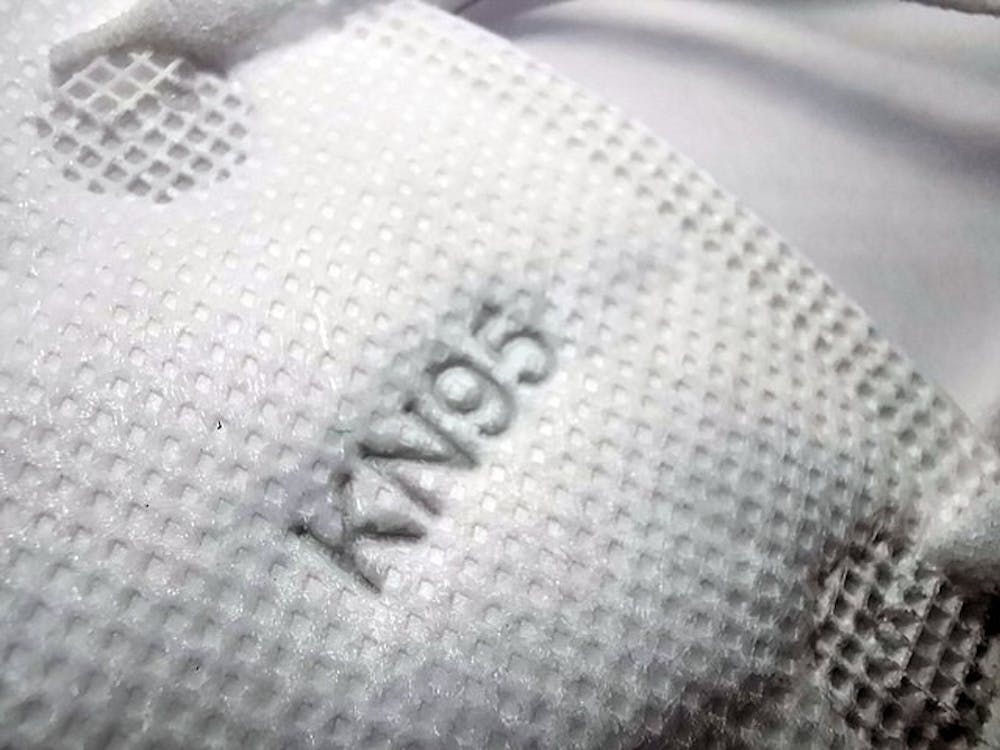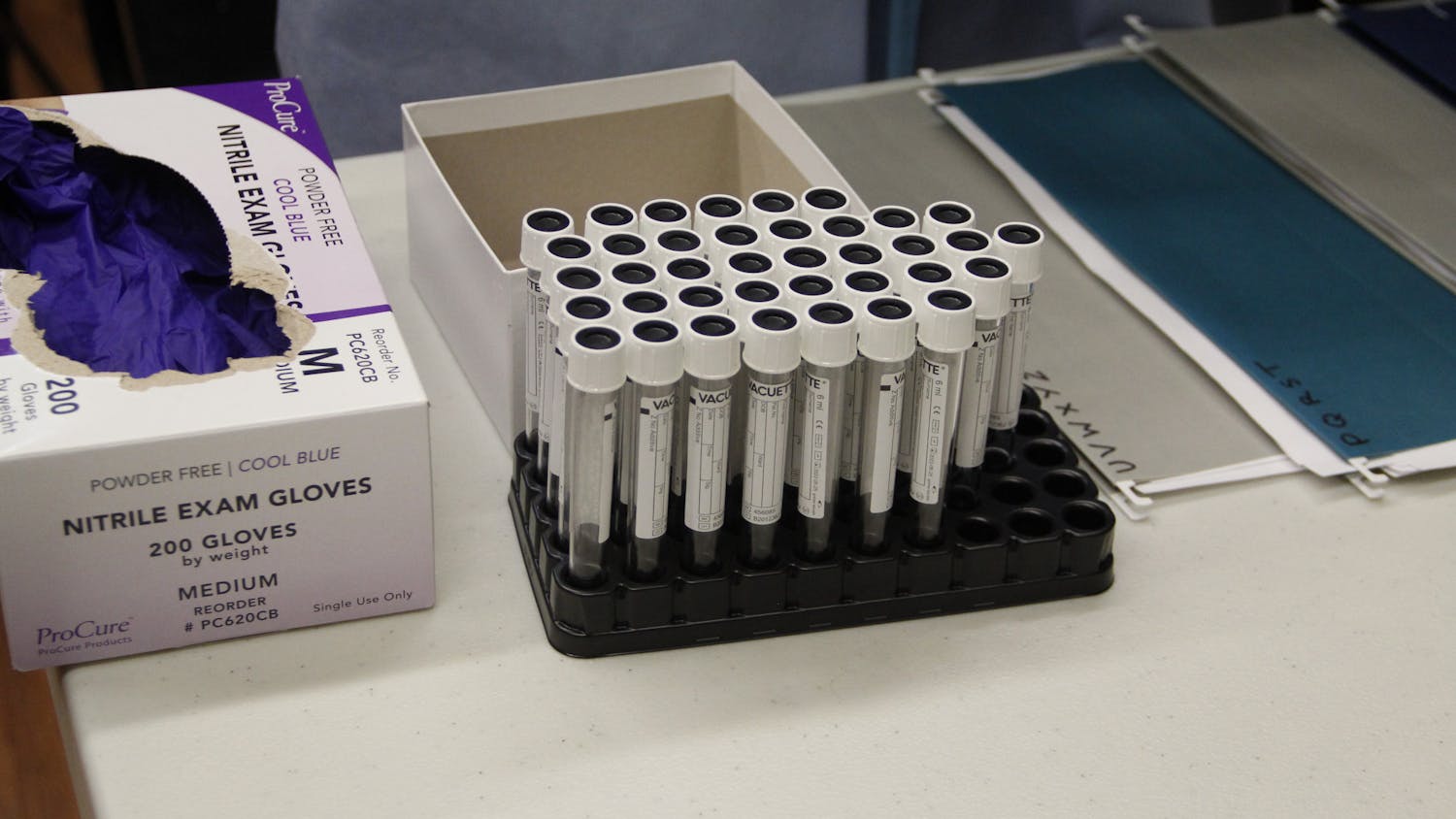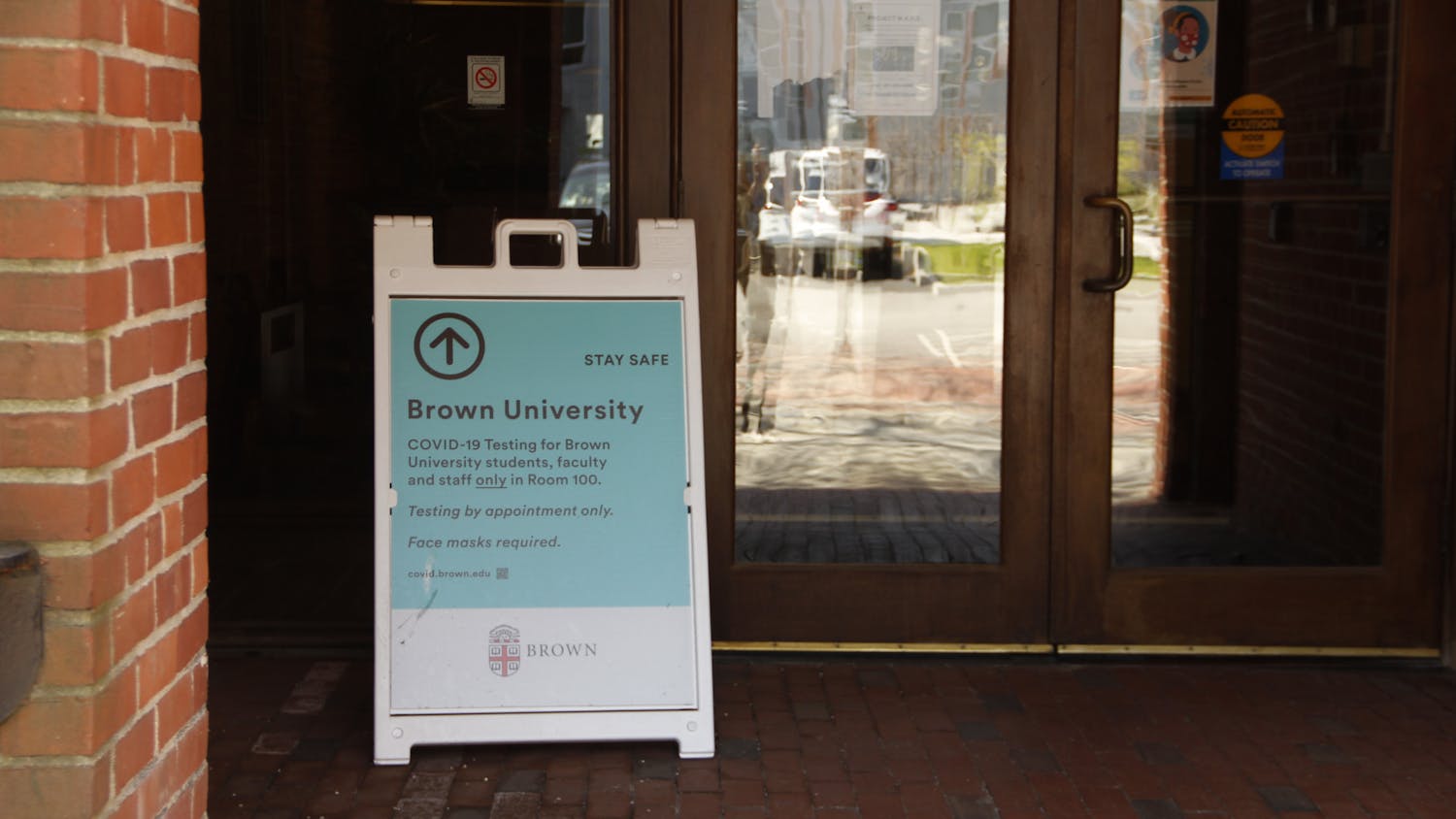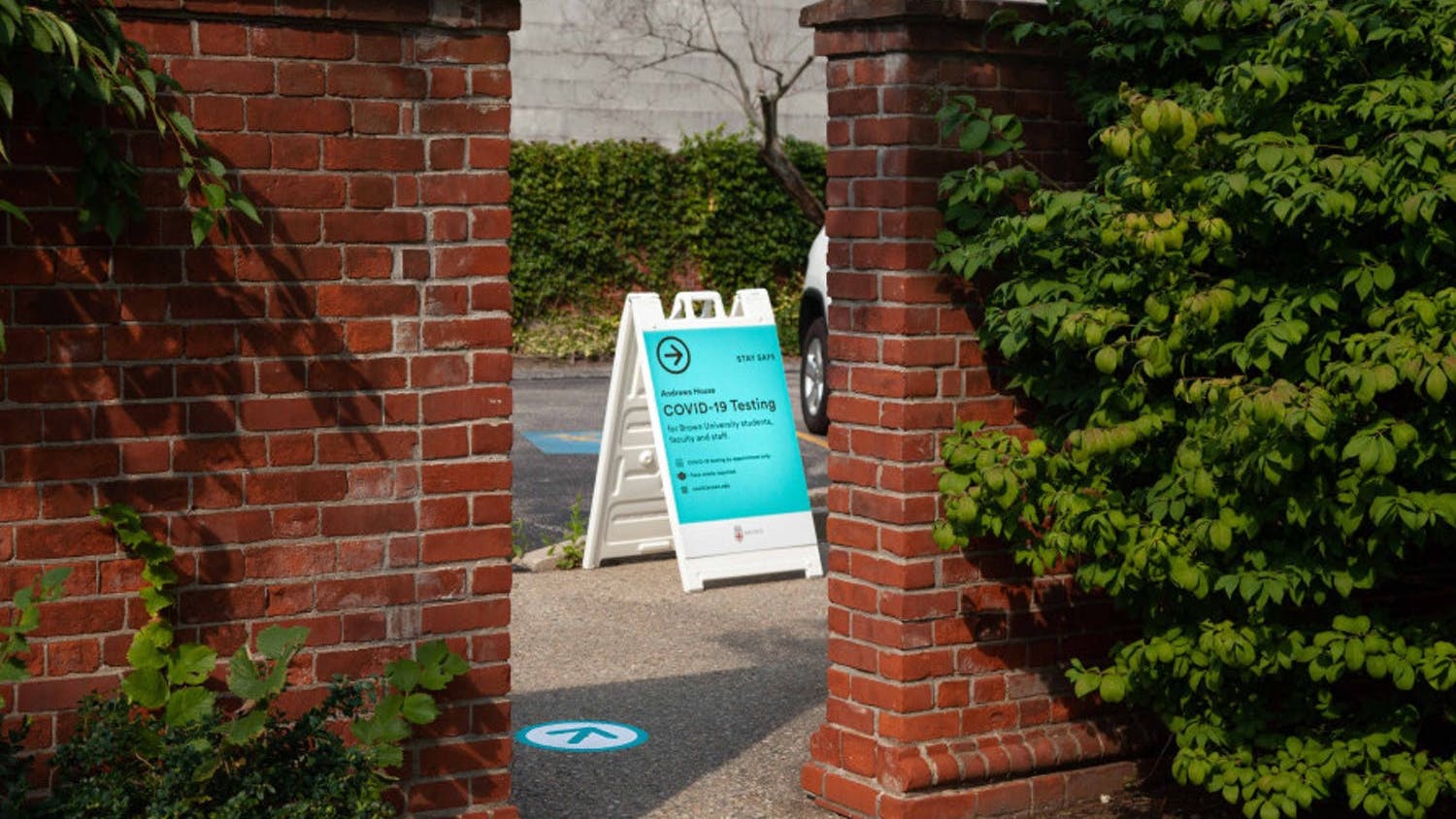While Rhode Island lifted its indoor mask mandate last Friday, the University’s COVID-19 mask mandate remains in place, requiring that students only enter indoor spaces with a high-quality mask such as a KN95 or surgical mask.
But counterfeit KN95s have flooded the market since March 2020 — and about 60% of the KN95s evaluated by the National Institute for Occupational Safety and Health in 2020 and 2021 did not meet their standards, according to the Centers for Disease Control and Prevention.
Problems with counterfeits have not just impacted individual buyers but have extended to larger organizations such as hospitals — and colleges. Last month, the Rhode Island School of Design informed students that their masks did not meet the standards they believed they did when they were first purchased, instructing students to discard them and replacing them with higher quality masks.
“Unfortunately, we determined that some of the masks we received from our vendor and distributed on campus were not the ones that we had ordered and… provided variable levels of protection,” wrote Jaime Marland, senior director of public relations for RISD, in an email to The Herald.
Executive Vice President for Planning and Policy Russell Carey ’91 MA’06 told The Herald that the University offered to supply RISD with surgical masks after it became aware of the issue. The University, though, does not supply masks using the same process that RISD employs, Carey added.
In Washington, D.C., American University also unknowingly gave its students counterfeit KN95 masks, the school’s student newspaper reported earlier this month.
University Spokesperson Brian Clark wrote in an email to The Herald that Brown is “confident that the masks distributed on campus are effective.”
To secure legitimate KN95s for distribution, the Office of Strategic Purchasing, Contracts and Insurance and the Office of Environmental Health and Safety work together, Clark added.
“We’re trying to secure a mask we feel good about,” Carey said. “But also lots of people, lots of colleges … and many other organizations are trying to do the same thing right now.”
EHS, Clark wrote, has developed new standards for PPE as “guidance from health authorities and experts shift(s),” while SPCI uses those standards to find “reputable suppliers.”
KN95s meet a Chinese standard — and should feature a bundle of letters and numbers on the front, either GB2626-2006 or GB2626-2019, referring to the quality control standards it meets, according to reporting from the New York Times.
If the GB number ends with 2006, it indicates that the mask meets an older standard — but so long as the mask has not expired, it is still valid. Every bag of masks should include a small slip of paper indicating that they passed a quality control check, along with an expiration date.
According to Clark, the University considers masks legitimate if that standard is solely printed on the bag but not on the masks — though experts tend to recommend masks with the standard printed on the front and do not mention the bag.
“Dr. Family” brand masks made by Jinhua Jiadaifu Medical Supplies Co., Ltd were obtained by The Herald at the Alumnae Hall test pick-up center. They do not feature the GB2626 standard on the front but do include the standard on the bag. NIOSH testing of Dr. Family masks indicated that they provide between 98.9% and 99.8% filter efficiency.
As demand surged for KN95s amidst the Omicron wave, Clark wrote that SPCI worked with “trusted suppliers to purchase enough KN95 respirators to provide to the University community.”
“Getting enough and keeping enough is a challenge,” Carey said, emphasizing that students should only pick up one pack of ten masks per week.
This spring, SPCI has only worked with suppliers that the University worked with previously or “identified through large group purchasing organizations that include other universities as members.”
EHS, Clark wrote, also has the ability to perform quantitative tests on masks using a PortaCount — an instrument that helps gauge the fit and filtration of a mask, which they used at the beginning of the pandemic to evaluate N95s from “new manufacturers.”
“Having the ability to evaluate respirators in such a way has proved useful at key moments during the pandemic,” Clark wrote.
Still, some students still wear their own masks that the University does not provide or evaluate.
Leyton Ho ’24 said that while most of his friends wear the masks supplied by the University, he mostly wears Powecom masks that he bought off Amazon.
He purchased the masks ahead of the spring semester in an effort to get ahead of a potential shortage at the University, he said — though he was not worried about counterfeits before this semester.
“I found those masks really comfortable,” he added. “They’re reliable — they’re good to stay consistent with.”

Will Kubzansky was the 133rd editor-in-chief and president of the Brown Daily Herald. Previously, he served as a University News editor overseeing the admission & financial aid and staff & student labor beats. In his free time, he plays the guitar and soccer — both poorly.





